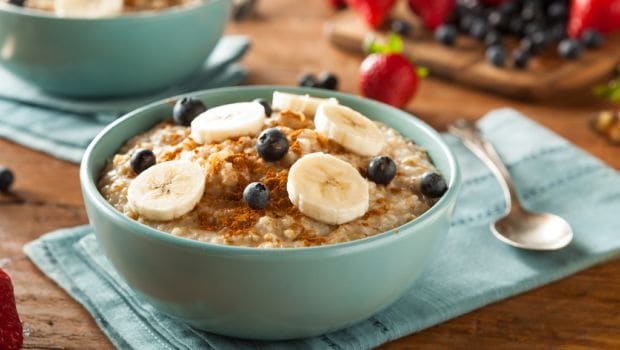Tried Prebiotics Yet? It May Help You Get Good Sleep

While the general public has long understood probiotics, prebiotics are less known. But there are significant differences between the two, including health benefits. Probiotics are live bacteria in yogurt, other dairy products and pills. Doctors often prescribe probiotics to patients on antibiotics in an attempt to combat gastrointestinal side effects of the medication. And while probiotics have been shown effective in managing certain gastrointestinal conditions, they do not have the same power that prebiotics do. Prebiotics, unlike probiotics, are not destroyed in the body. They are not affected by heat or bacteria. Getting the full benefits of prebiotics is easy, especially when consumed in a full-spectrum supplement form. Prebiotics are basically non digestible food ingredients (such as the fibers found in many plant sources like asparagus, oatmeal, and legumes as well as in breast milk ) that are selectively metabolised by colonic bacteria which have the capacity to improve our gut environment.
Unlike probiotics, they can be added to many ingredients and heated too. While the beneficial role of prebiotics in helping the gut bacteria are being raved about, a recent study shows that eating prebiotics can restore healthy sleep patterns after a stressful event. The study was conducted by a group of researchers from the University of Colorado Boulder, and published in the journal Frontiers in Behavioral Neuroscience.

The findings showed that stress could upset the gut’s microbiome, as well as restful sleep – essential elements for a healthy life. A diet rich in prebiotics was found to increase beneficial bacteria as well as protect gut microbes from stress-induced disruptions. In addition prebiotics also lead to the recovery of normal sleep patterns, since they tend to be disrupted after stressful events.
“Acute stress can disrupt the gut microbiome,” said Agnieszka Mika, postdoctoral fellow at the University of Colorado Boulder, in the US. “So far no adverse effects from prebiotics have been reported,” Mika added.
For the study, the team tested rats that received prebiotic diets for several weeks prior to a stressful test condition and compared with control rats that did not receive the prebiotic-enriched diet. The rats that ate prebiotics prior to the stressful event did not experience stress-induced disruption in their gut microbiota and also recovered healthier sleep patterns sooner than controls, the researchers said.
As the stressor that the rats received was the equivalent of a single intense acute stressful episode for humans, such as a car accident or the death of a loved one, the results may be relevant in humans, noted Robert S. Thompson from the University of Colorado Boulder.
[“source-ndtv”]